But did you know you are missing out on superior flavours, taste and nutrition? The term "Desi" goes beyond just simple nomenclature in Indian agriculture. It perfectly captures the spirit of our country, culture, and tradition in the truest sense.
Our native vegetative varieties are a harmonious fusion of various languages, traditions, and customs, just like our country. A resurgence of interest in Desi vegetable varieties is emerging amid the ever-expanding popularity of hybrid vegetable types. Let's explore the reasons why home gardeners in India should welcome Desi vegetable varieties and cultivate them in their very own gardens.
Better taste and flavours

One of the most important aspects of Desi vegetable varieties is the range of authentic flavours they bring to our plates. Desi vegetables have evolved over generations, adapting to the unique climatic and soil conditions of different regions of India. For example, red okra, elephant yam, and Palmyra tuber are some of the native vegetables that carry distinct tastes and flavours that are authentic to their growing region.
Another everyday example is the humble Desi tomato (Tamatar). You’ll be surprised to taste the intensity of a desi tomato compared to the hybrid varieties. Hybrid tomatoes tend to have thicker flesh and skin as compared to the local varieties. The desi or local tomato, on the other hand, has juicier flesh and thinner skin and breaks down quicker while cooking. Similarly, the hybrid cabbages and carrots tend to be harder than their desi counterparts. While the desi varieties of these vegetables are much sweeter and juicier.
Try our desi tomato seeds to find out for yourself!
Nutritional Abundance

Although most of our vegetable markets are flooded with those ‘perfect-looking vegetables’, the nutritional value is what matters most. Vegetable cultivars from the Desi region provide a nutritious value that extends beyond aesthetic appeal. Due to their natural adaptability to the environment, these indigenous types are frequently loaded with vital minerals and antioxidants.
Take the popular spinach or ‘Palak’ as an example. In addition to being visually beautiful, its deep green leaves are also a good source of iron, calcium, and vitamins A and C. Similar to how Desi carrots are colourful and delicious, they also provide more nutrients than some hybrid types.
Order spinach seeds of native variety for your kitchen garden today.
Adaptability to the Local Climate

Desi vegetable varieties are particularly notable for their innate ability to adapt to the native soil and climate. These cultivars are well adapted to the various microclimates found throughout India since they have been cultivated over millennia to thrive in particular conditions keeping in view the terrain and different seasons.
When you cultivate Desi veggies, you are building a relationship with your land as well as taking part in an act of cultivation. Creating a balanced connection between your garden and the environment around it helps your soil become healthier and makes your garden last longer.
Prioritizing Nutrition Over Appearance

In a world where outward appearance is frequently prioritised, it's critical to remember that true beauty is found in the essence of things. In the context of veggies, this notion is particularly pertinent. Desi varietals' actual attractiveness rests in their nutritious benefits and authentic flavours, even though they may not always equal the uniformity and gloss of hybrids.
In certain instances, the search for a faultless look has resulted in sacrificing nutritional integrity. As a result of their natural adaptations, Desi vegetables, on the other hand, are more hardy in local climates and rely less on artificial pesticides.
Cultivating Desi Diversity: A Step Forward

Each native or desi plant is a living repository of generations of knowledge, stories, and sustenance. All our choices in the kitchen garden have far-reaching consequences for the environment around us. Native or desi vegetable varieties are much more hardy, easier to grow and require minimal care. For every native vegetable and herb we decide to keep growing year after year in our kitchen garden, we are helping keep the decades of farming history alive.
In a nation as culturally rich as India, it is only fitting that our gardens mirror this diversity. Hence it’s important that we sow more seeds of desi vegetables and herbs every season, nurture and care for them and reap a harvest that nourishes our bodies and preserves the rich agricultural diversity of India. With every bite of a desi tomato or a plate of desi saag (spinach), we celebrate the flavours of our land and pay homage to the generations that came before us while preserving the ecological diversity of the region.
The advent of hybrid varieties owes its existence to the need for vegetable varieties that can travel great distances without losing their form going bad during the journey. However, your home garden does not need those qualities of hybrid seeds and plants.
Ultimately, the appeal of growing native or desi plants lies not only in their bright distinct flavours and nutrition but also in their seamless climatic adaptation. Let's take the time to nurture these indigenous gems, creating a garden that tells a tale of resiliency, tradition, and the search for real food.
So next time you go vegetable shopping, try some desi tomatoes in your cooking and taste the difference for yourself.


 Sign In
Sign In



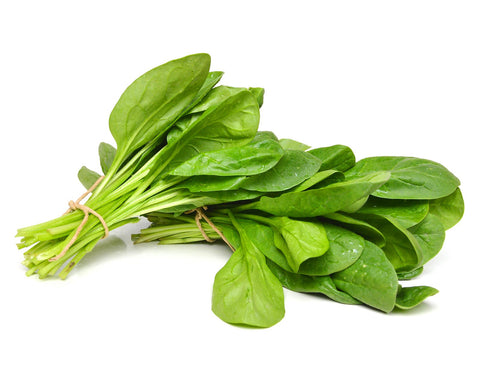
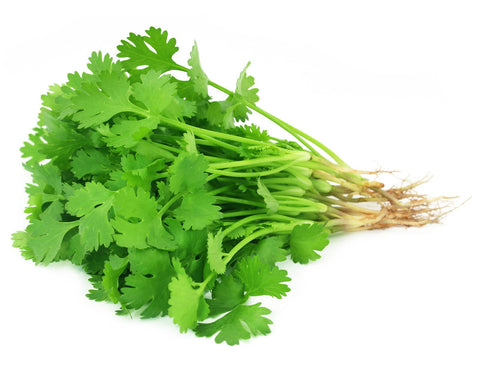
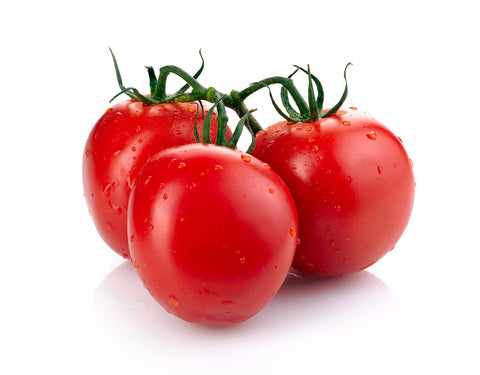
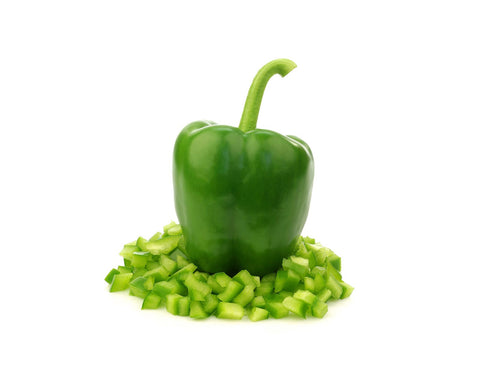
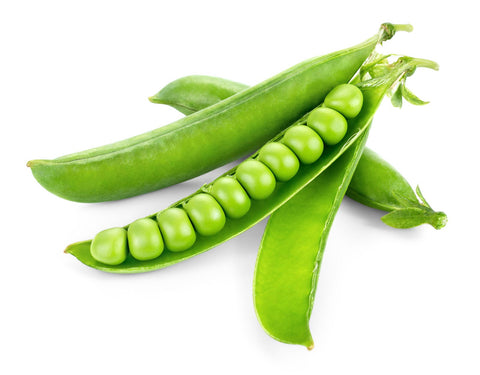
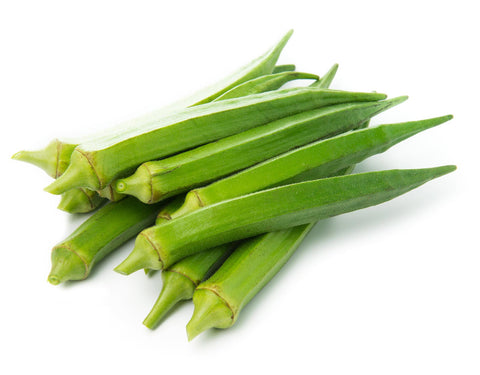
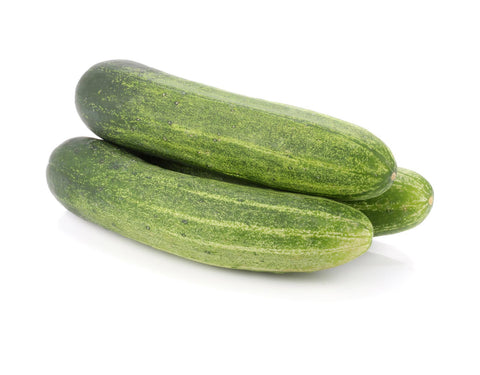
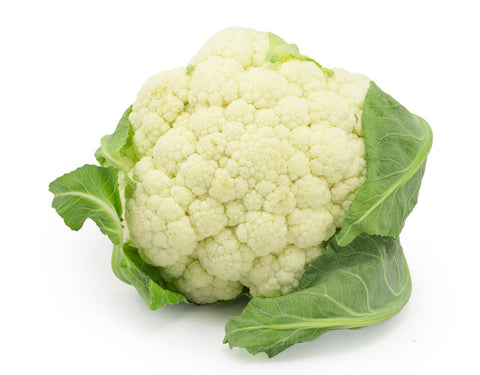
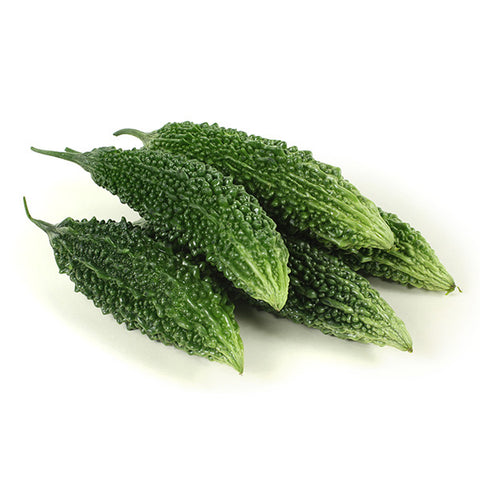
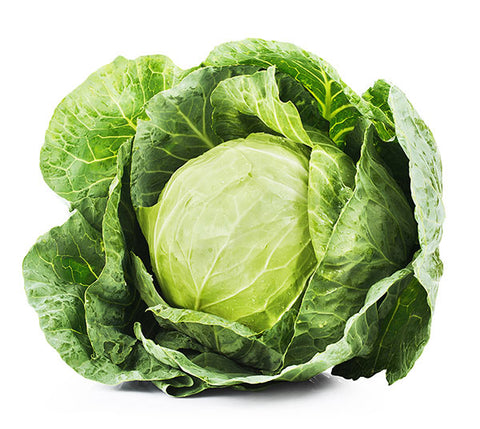
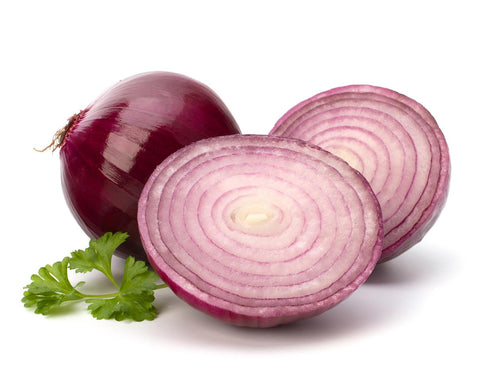







Let us know your feedback
* Comments must be approved before being displayed.